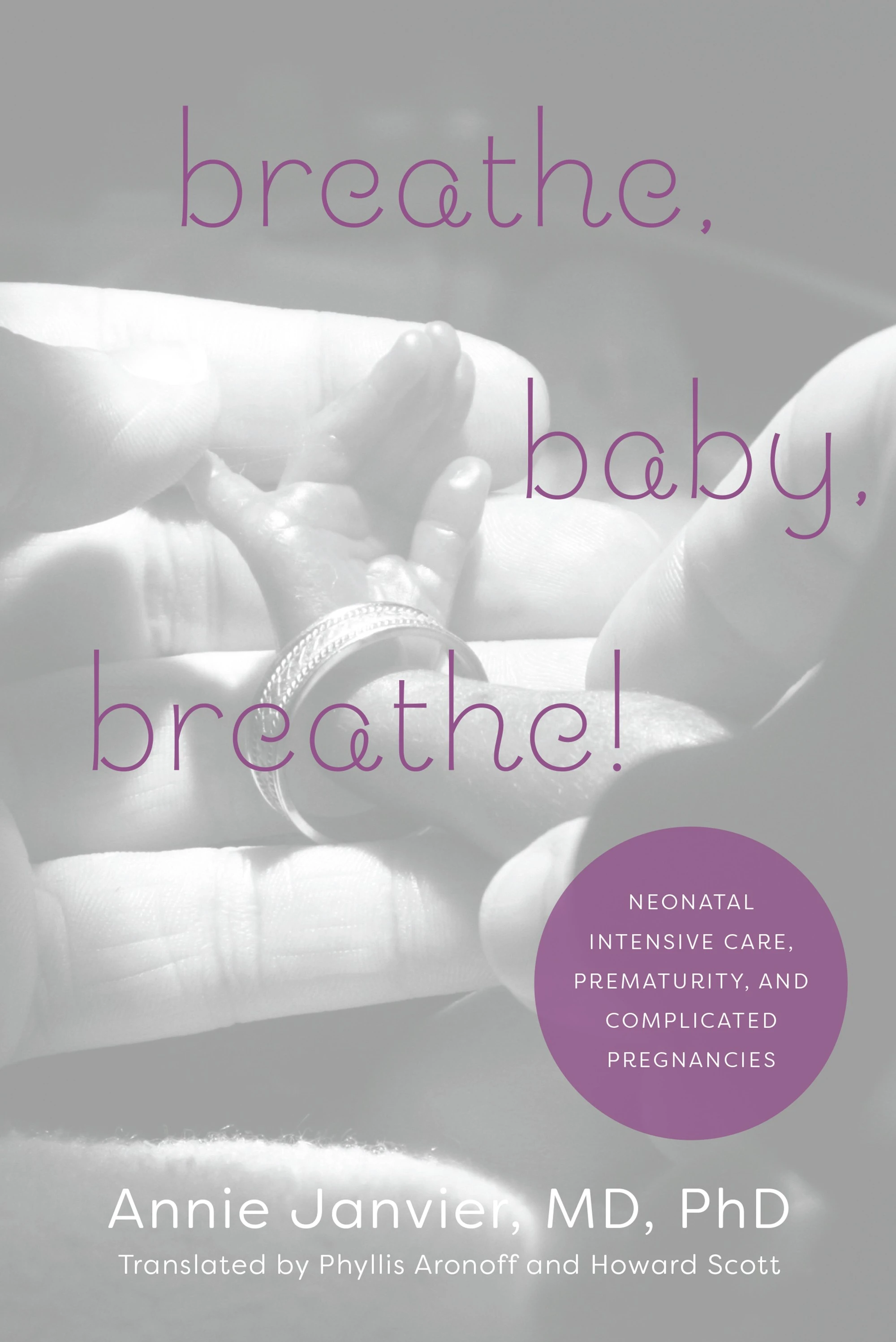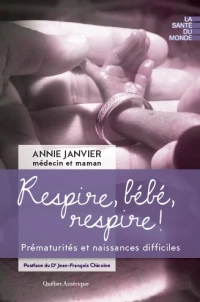I have never been convinced that fluid restriction is a good thing for kids with BPD. I think the common practice came about because of the short-term improvements in lung function that sometimes follow if you start diuretics. The idea being that if diuretics improve lung function, then giving less fluid will also.
But this is a false equivalency, diuretics cause sodium depletion, and therefore decrease total body water, and probably lung water content also. Fluid restriction in contrast leads to a reduction in urine output, and, within clinically reasonable limits, will not have an impact on total body water, and there is no reason to believe that they will reduce lung water content either.
Diuretics may have other direct effects on pulmonary function, that will not occur with fluid restriction. Inhaled furosemide, for example, improves pulmonary mechanics in BPD, presumably by acting on the same sort of ion pump that loop diuretics block in the kidney.
Even in adults with fluid overload (those with oedematous congestive heart failure) RCTs of fluid restricion show no effect, unless sodium intake is also severely restricted. Sodium restriction alone works as well, so the fluid restriction adds nothing.
Despite this, there are recommendations from usually reliable people that babies with BPD should have their fluid intake restricted, such recommendations are often accompanied by a reference, usually a reference to another recommendation or to a narrative-type review article.
I have been planning for years to do a systematic review for the Cochrane library, of fluid restriction as treatment for early or established BPD. We have finally finished the review and it has just appeared. (Barrington KJ, Fortin-Pellerin E, Pennaforte T. Fluid restriction for treatment of preterm infants with chronic lung disease. Cochrane Database of Systematic Reviews. 2017(2).)
Using the usual search procedures we could only find one relevant trial. In fact the initial search didn’t find the article (Fewtrell MS, et al. Randomized trial of high nutrient density formula versus standard formula in chronic lung disease. Acta Paediatrica. 1997;86(6):577-82.) even though I knew it existed; the Pubmed key words did not mention fluid volumes or restriction, so we tweaked the search to ensure that we found the article, and to make sure that we would find any others that exist.
So the only RCT evidence addressing fluid restriction is a study of 60 preterm babies with early chronic lung disease (needing oxygen at 28 days of age) who were randomized to either get 180 mL/kg/day of a regular formula, or 145 mL/kg/d of a concentrated formula. Unfortunately they didn’t report on one of our outcomes, oxygen requirement at 36 weeks, as it wasn’t the standard outcome that it has since become.
That study showed no benefit of fluid restriction on any outcome. The fluid restricted group had more apneas, a finding unlikely to be due to chance, and also had more babies who needed more than 30% oxygen during the trial, a difference which may have been due to chance.
Fluid restriction risks nutritional restriction also; even though the idea may be to reduce the free water intake, babies often get fewer calories and less protein when fluid restricted, while babies with BPD actually need more calories. They will also produce more concentrated urine, which might increase the risk of nephroclacinosis as well.
The final message is that there is no evidence to support the practice of fluid restriction of babies with early or established BPD. There is no physiologic rationale either. There are potential risks to the practice.
We should stop doing it.









Dr Barrington,
Another great blog topic on another neonatal myth causing neonatal iatrogenic harm.
Due to the increased utilization of mom’s own BM in our NICU, it is critical these preterm babies get the necessary calories and protein for growth.
Many reputable nicu continue to limit enteral gavage feeds at 140-150 ml/k/day, thinking it is providing sufficient substrate for growth.
The reality is our elbw require 160-170 ml/k/day minimum BM volume for adequate growth.
Many of the studies demonstrating poor weight gain with BM versus formula did not take into account physiologic BM calorie content. BM, unlike commercial bovine formula ppreparation, is not 20 calories per ounce. The custom among some nicu is holding volume at 150 ml/k/day. This is simply inadequate Nitrition for these babies.
Look forward to the “diuretic” makes babies better or NOT blog.
Dr Barrington
Thank you for yet another useful article. I am convinced that fluid restrictions does not help in BPD, which was a practice in my unit as well. What about fluids at birth for preterms? Earlier we used to give 100ml/kg/day for elbw considering they have more insensible losses but of late there is a trend to give lesser amounts at birth? Would that have any effect on the outcome? And so when is the ideal time to start sodium supplementation and at what doses in extreme preterms, since that contribute to BPD as well?
Thanks
Dr Kavita